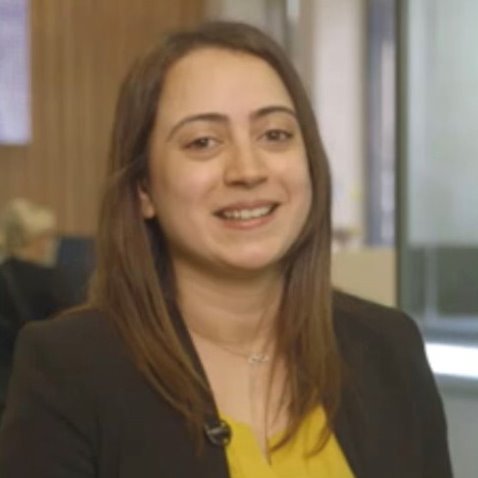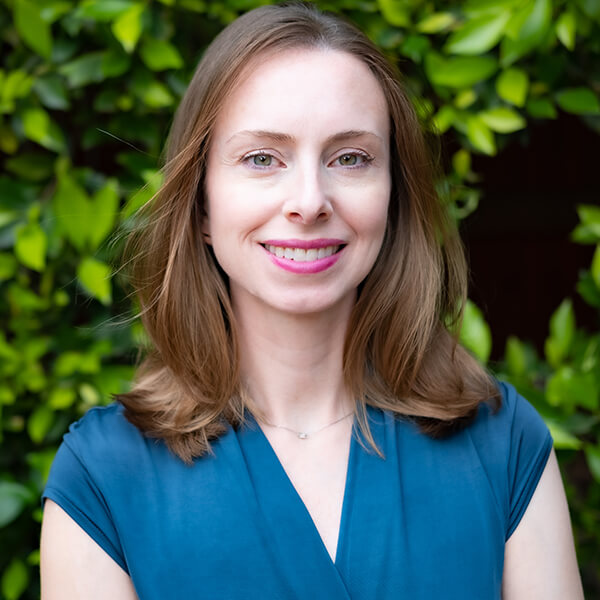The global food system is in a multi-decade period of upheaval. Governments, regulators, companies and consumers are rethinking the way food is produced and consumed in an increasingly resource-constrained world. Innovation and disruption are already happening and will, in our view, accelerate in the coming years.
21 March 2024
KEY TAKEAWAYS
- Feeding a growing global population will require new production methods to align with an intensifying focus on sustainability among regulators and consumers.
- For long-term investors, structural changes across the value chain will present both opportunities and risks as innovations disrupt varied food-related industries.
- Seed innovation, lower-impact fertilisers, precision agriculture, regenerative farming, alternative proteins and waste management and reduction are among the innovations we are keeping a close eye on.
Introduction: Mind the food gap
Conflict, economic shocks, climate extremes and soaring fertiliser prices are some of the main causes of food insecurity.
Looking ahead, population growth has the potential to put the global food system under even greater stress. The world’s population is expected to reach nearly 10 billion by 2050, creating a 56% food gap in calories produced versus those required.1
In addition, more than a quarter of all workers globally are employed in agrifood systems, according to the International Labour Organization as of 2022. This percentage is even higher in lower income countries. The impacts of climate change, changes to production methods and food security will, therefore, likely have an outsized impact on those in developing countries.
Our food systems also account for up to one-third of greenhouse gas emissions, 80% of biodiversity loss, and consumption of 70% of available freshwater, according to 2023 United Nations estimates. Increasingly, factory farming, deforestation, growing use of synthetic fertilisers and other past methods for maximising food production are becoming less viable. Decades of intensive farming practices and use of chemical fertilisers have resulted in soil and land degradation, impacting crop yields for farmers. An academic study published by IOP Science found that up to one-fifth of major crop producing regions saw a significant increase in crop yield variability, driven by climate change between 1981 and 2010.2 Projections from NASA suggest average global crop yields for maize, a staple cereal crop and major component of many diets and feedstocks, could see a decrease of up to 24% by 2088 if current climate trends continue. Mounting environmental concerns, the effects of climate change on crop productivity, and the desertification of arable land are prompting many governments and regulators to explore new food- production methods.
In simple terms, the agricultural industry needs to increase its productivity amid tightening constraints on usage of land, agricultural chemicals, water and other resources. New farming technologies that protect and increase crop yields could help narrow the gap between food supply and food demand. Reducing food waste and expanding consumption of alternatives to farm-raised meat will also be crucial.

Rob Beale is an ESG senior manager at Capital Group. He has 22 years of investment industry experience and has been with Capital Group for 21 years. Earlier in his career at Capital, he was a global investment control manager. Prior to joining Capital, Rob worked as a proxy voting associate at J.P. Morgan. He holds a bachelor’s degree in oceanography with marine biology from Southampton University. He also holds the Chartered Financial Analyst® designation and the Investment Management Certificate. Rob is based in London.

Seema Suchak is an ESG sector research director at Capital Group. She has 20 years of industry experience (as of 12/31/23) and has been with Capital Group for two years. She holds a master's degree in international business from Birkbeck, University of London and a bachelor's degree in international relations with French from the University of Birmingham.

Cheryl Wilson is an ESG senior manager at Capital Group, home of American Funds. She has 12 years of industry experience (as of 12/31/22) and has been with Capital Group for one year. She holds a master's degree in climate and environmental science from Queen's University and a master's degree in public policy from Columbia University, as well as a bachelor's degree in biology from Queen's University.

